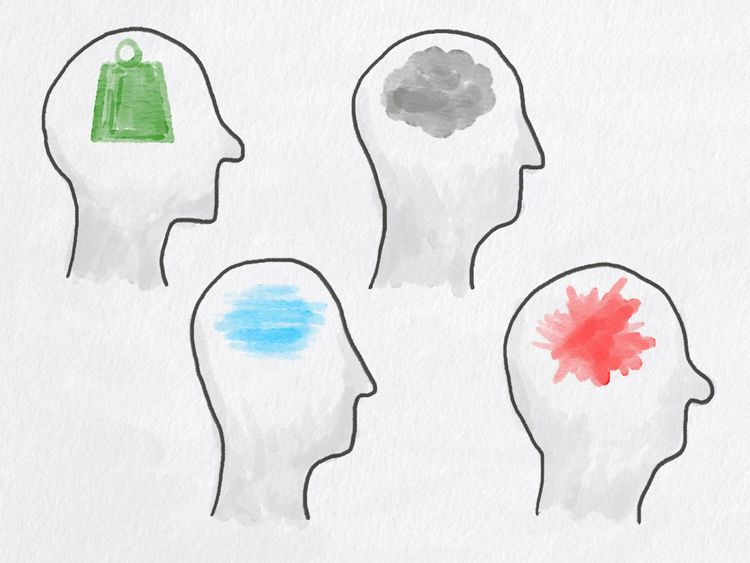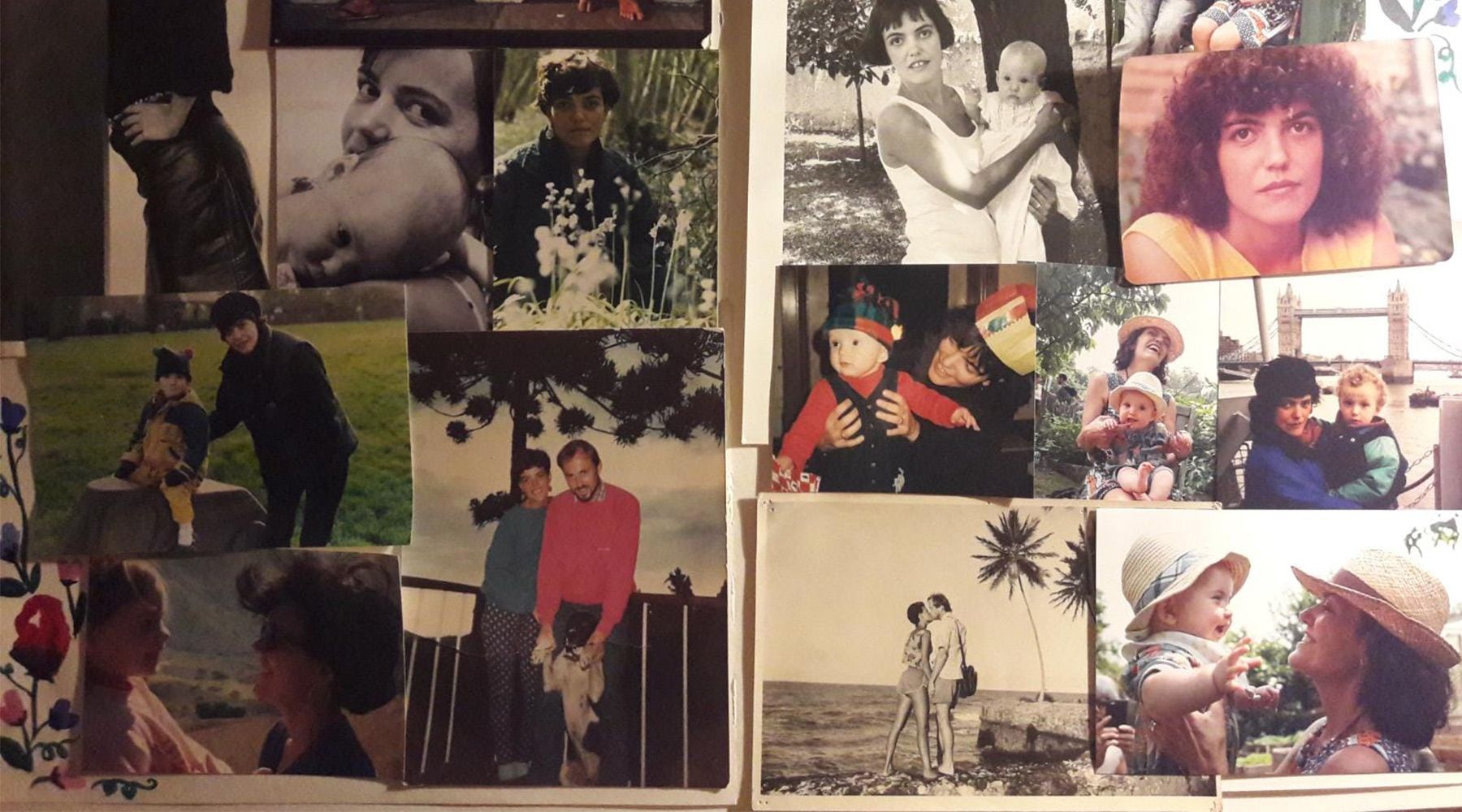As a bereavement counsellor, I often speak to people who've experienced emotional numbness after the death of a loved one – a kind of limbo state between the trauma of the death and the pain of learning to live without the person they love.
We all expect to feel sad when someone dies. But feeling numb after death is actually very common. If it's something you're experiencing, you're not alone.
I normally speak to people about eight weeks after their loved one has died. I've lost count of the number of times I've had people in floods of tears on the phone that tell me they didn't cry at all at the funeral.
"Everyone was telling me how strong I was," they say.
Some of us feel sad when someone dies. Some of us feel angry. But some of us feel nothing at all.
Emotional numbness can be linked with a type of grief called 'inhibited grief,' which is characterised by suppressed emotions. This type of grief may not fit with the way society expects us to behave after a death.
It can be difficult to recognise emotional numbness when you're experiencing it, but people often express confusion when they look back at the early stages of their grief. Why didn't I cry? How did I control my emotions back then when it feels impossible now?
In a way, emotional numbness can be helpful in the short term. There's a funeral to organise, family and friends to contact, affairs to get in order. I suppose shutting out our emotions temporarily and focusing on practical things instead can help us get through it all.
In fact, it's because of that emotional numbness that we don't reach out to people straight after the death. Research has shown that it's not always the most productive time to have therapy, so we wait eight weeks to give people the chance to begin to process what's happened.
Lots of people worry that, because they didn't cry at the funeral, friends and family will think they don't care, or will question their relationship with the person who's died.
When others comment on how 'strong' we are or show surprise at the way we're behaving, it can make us feel self-conscious. I've never personally heard of anyone being judged in an obvious or explicit way – people usually comment on our strength because they want to be kind and support us.
In my experience, you can always spot someone in that numb state at a funeral. Some people can access their emotions and cry; others looked stunned or frozen. It can be hard seeing someone at that state, in the rawest stage of their grief. It's no wonder family and friends try to say something supportive.
Losing someone you love is traumatic. Emotional numbness is a common experience following a trauma, so it's no wonder it can happen after a death.
The people I support have all lost a loved one to a terminal illness, which can add an extra layer to their trauma. For them, it's not just the death itself but the experience of watching their loved one die which can be traumatic.
I think that's something that's often overlooked in society. When someone dies in a sudden accident, we recognise that's traumatic. But when someone dies from a long illness there's this idea that it's easier somehow. But it's not, it's like trauma in slow motion.
Everyone's different, so it's hard to say when feelings of numbness will pass.
The style of therapy I'm trained in is the person-centred approach, so I don't tell people what to do or what will happen. I sit in the pain with somebody, I empathise with them and talk to them about how they're feeling.
I think that's the most important thing – to allow yourself to grieve in your own time and in your own way.




